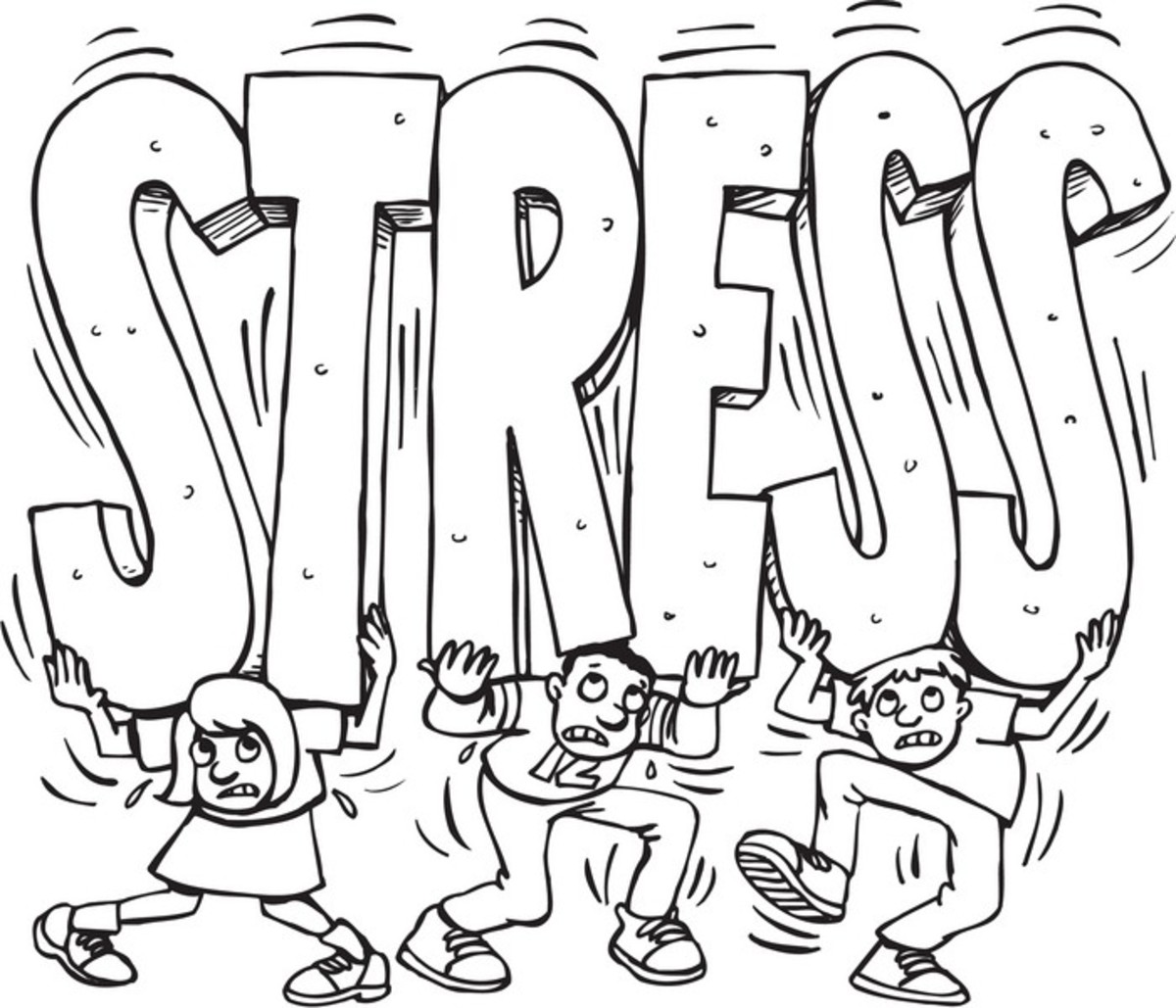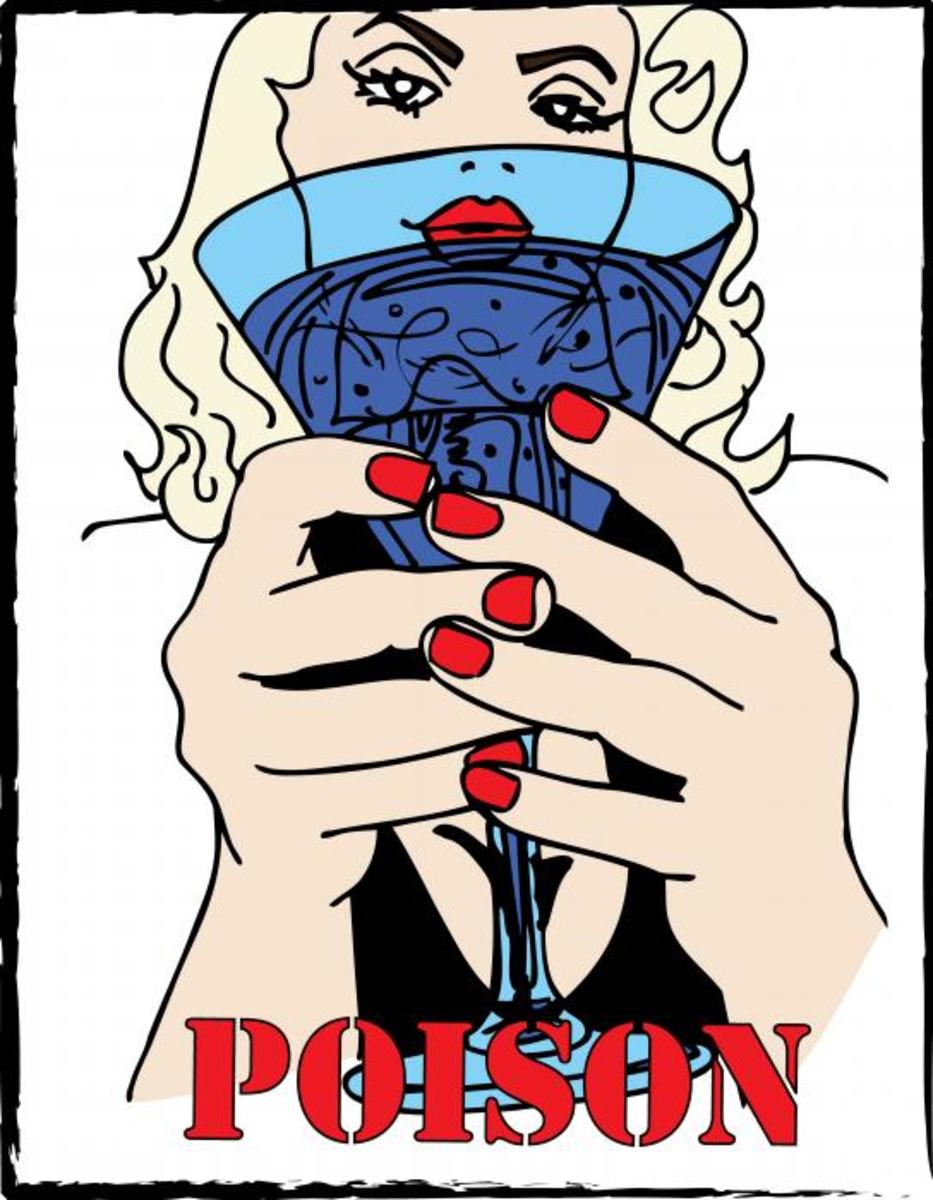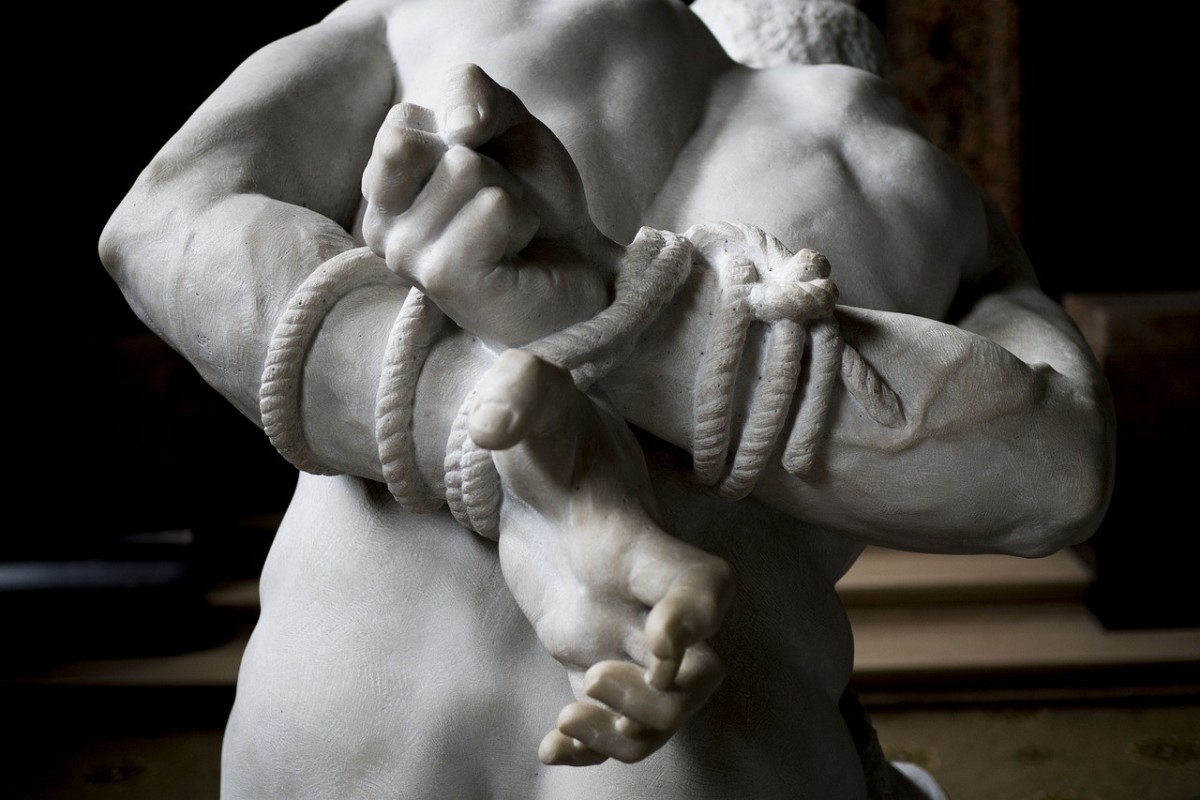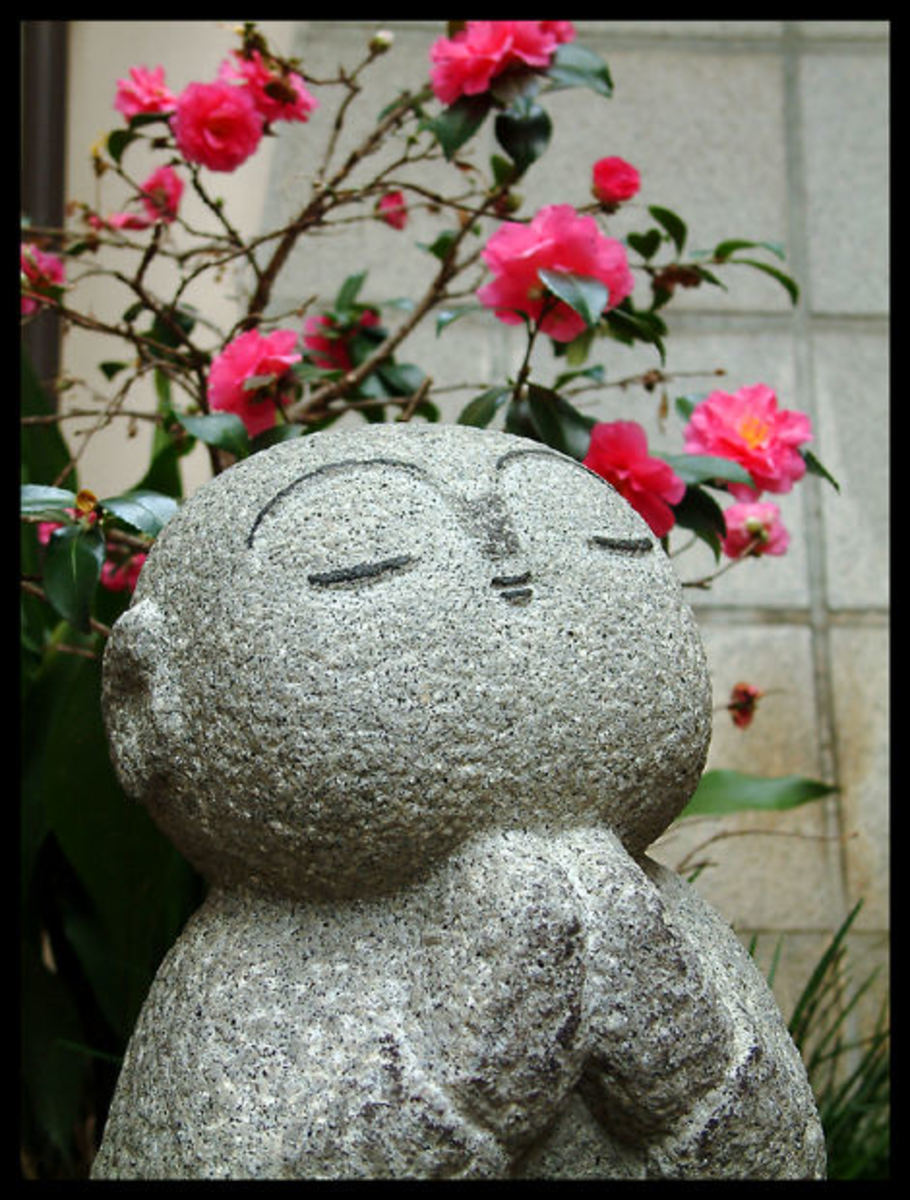- HubPages»
- Health»
- Mental Health»
- Addiction»
- Alcoholism
Relapse Prevention Plan: An Addition to a 12 Step Program
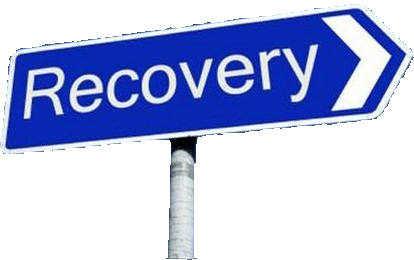
Complimentary to a 12 Step Program.
Twelve step programs have helped hundreds of thousands of addicts and alcoholics get clean and sober. The first meeting, you learn not to let yourself become too tired, hungry or angry. You learn that you need to avoid the people, places, and things you associated with using. You learn to attend 90 meetings in 90 days. You are given phone numbers and told to find a sponsor. All these are important steps to achieving and maintaining your sobriety, but you may need more. You may need a relapse prevention plan.
What It Is
A relapse prevention plan is exactly what it sounds like, steps an alcoholic or addict takes to prevent a slip or relapse. To be precise, a slip is a one time episode and a relapse is a long term episode. Relapses start with slips, so this plan addresses both slips and relapses. The whole point is not to drink or use at all. A relapse prevention plan is commonly found in a mental health treatment program, but it is not something that is usually discussed in 12 step meetings. Many people in recovery have a plan in mind, which is easy to forget when faced with temptation. A relapse prevention plan has more power if it is written out on paper and easy to refer to. Furthermore, writing a relapse prevention plan on paper makes it easier to remember
Things to Bear in Mind when Creating a Relapse Prevention Plan
Who, what, and where do you associate with drinking or using? Have a specific plan to avoid the people, places, and things you associate with drugging or drinking. In most cases, this can take some effort, such as driving a different route to get where you are going or avoiding certain places your old cronies hang out, or even changing your phone number. Be ready to put your best intentions into action.
What triggers your cravings for alcohol or drugs? Playing pool? Listening to a specific genre of music? Eating chicken wings? These are things to avoid for the time being.And remember not to let yourself become to hungry, tired, or upset. Hunger, fatigue and anger weaken your resolve against relapse.
You will need to find healthy substitutes to replace the roles drugs/alcohol played in your life. Did alcohol or drugs comfort you? Find new ways to comfort yourself. Were they your entertainment. Find new avenues of entertainment. You spent a lot of time drinking or using, getting, and planning to get. Find more constructive ways to spend your time, right from the beginning. Getting enough rest is important, but having an idle mind and body can lead to problems. You don't want to give yourself a lot of time to think about drugs. Otherwise, you set yourself up for failure. Find new hobbies, make new friends, and create a daily routine. A regular routine can be comforting during times of struggle. Many find religion to be a big comfort as well.
Take control off your thoughts.Think positively. Count your blessings. Use self-affirmation to build self-esteem and self-efficacy (belief in yourself). Remember that you can control your emotions by controlling your thoughts. Learn the art of redirecting your thoughts. This will help when cravings hit.
What will you do when you run into somebody you used to drink or use with, who is still drinking or using and tempts you? How will you handle those cravings, because, chances are, unless you move to a new town, you will eventually run into someone you associate with your alcohol or drug use. Sometimes, the best thing to do is to invite him or her to a 12 step meeting. That should make that person leave you alone, unless he or she is getting clean and sober, also. Who will be your new support system? AA? NA? Your family? Collect the phone numbers offered in your twelve step program and use them.
How will you reward your sobriety? What daily treat can you give yourself as a reward for being clean? What weekly treat? What monthly treat? Reaching milestones and important goals should always be rewarded. Examples of rewards are a movie, dinner out, new shoes, etc. Or, you could use the money you save from not drinking and drugging and go on a vacation.
Don't forget to attend 90 meetings in 90 days.
Plan regular exercise. It relieves stress and improves mood. If you take care of yourself, you will learn to love yourself again.
Your personal relapse prevention plan will be unique. Nobody else's will work for a specific person. Each person in recovery needs their own personal plan.. I would advise everybody in recovery write one out and post it in a place where it can be seen daily.
A New You
Most alcoholics and addicts suffer from low self-esteem. Now is a chance to build a whole new you. Take this time to build healthy habits, discover new hobbies, develop new skills, and make new friends. All you have to do is stay clean and sober. A written Relapse Prevention Plan may work for you.
Example
1. Stay away from Price St. and Nowhere Bar. Take a new route home from work.
2. Eat well and start jogging in the park every other day. Get enough sleep. Take care of myself.
3. Call my sponsor or support person every day.
4. Keep a journal. Write in it daily.
5. Visit a crafts store and find something to interest me.
6. Work on goals that interested me but that I never pursued. Teach myself Spanish. Volunteer at the animal shelter.
7. Go to church on Sundays.
8.Reward myself for another day clean and sober with a nightly dish of ice cream or hot cocoa.


